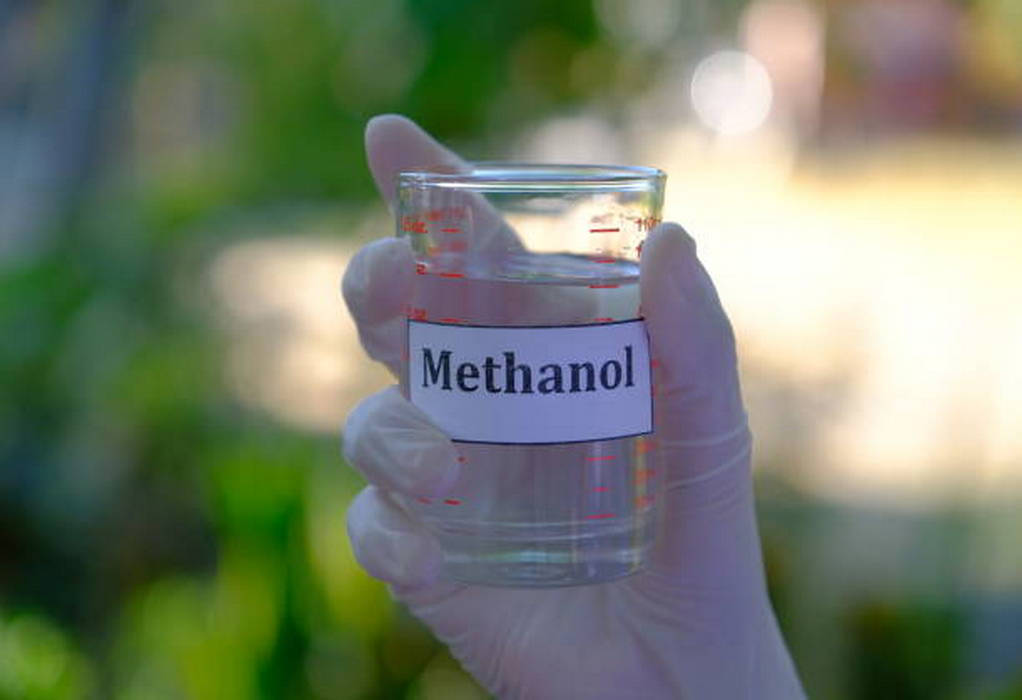Project Air is an industrial collaboration to build a unique production facility for sustainable methanol in Stenungsund in Sweden. The country will now receive EUR 97 million in support from the EU Innovation Fund. The announcement marks an important milestone for the project, which is being led by chemicals company Perstorp AB. The facility is expected to be fully operational by 2026, enabling significantly reduced climate emissions from the chemicals industry and its customers.
The Innovation Fund said earlier this year that Project Air is one of 17 large green industrial transition projects in Europe which will be funded. With its final decision the fund has now confirmed that Project Air will receive the full amount requested in the grant application. Project Air was initially launched as a collaboration between Perstorp, Uniper and Fortum. As a consequence of ownership changes relating to Uniper and Fortum, Uniper will take over Fortum’s part of Project Air.
Project Air captures and utilizes carbon dioxide, which would otherwise be emitted into the atmosphere, to produce sustainable methanol. This is then used as a raw material for chemical products which are in turn used in a variety of applications. From mobile phone screens to paints, varnishes and the fabrics in our clothes. This decreases the climate footprint throughout several value chains.
At full capacity Project Air will reduce global CO2 emissions by approximately 500,000 tons compared with today’s level. This corresponds to 1 percent of Sweden’s entire territorial emissions.
Tags: EU Funding, Perstorp AB, Project Air, Sweden



Recent Posts
APM Terminals Pier 400 Deploys Largest Electric Terminal Tractor Fleet at Port of Los Angeles
Smart Freight Centre and PragmaCharge launch Electrification Program for Europe’s busiest road freight corridor, between Poland and Germany
Kongsberg Maritime secures thruster contracts from Sanmar Shipyards for 17 tugs
SECI’s Green Ammonia Tender Poised to Unlock Hydrogen Economy, with Potential Ripple Effects for Maritime Sector
Adani Breaks Ground with Landmark 5 MW Off-Grid Hydrogen Facility
FIMI and Deloitte Release Report on Cleaner Vehicle Adoption in Indian Mining Sector
NTPC Deploys Hydrogen Fuel Cell Buses in Leh, Marks India’s First Commercial Hydrogen Mobility Project
Provaris and K LINE Sign MOU to Advance Hydrogen Shipping Solutions